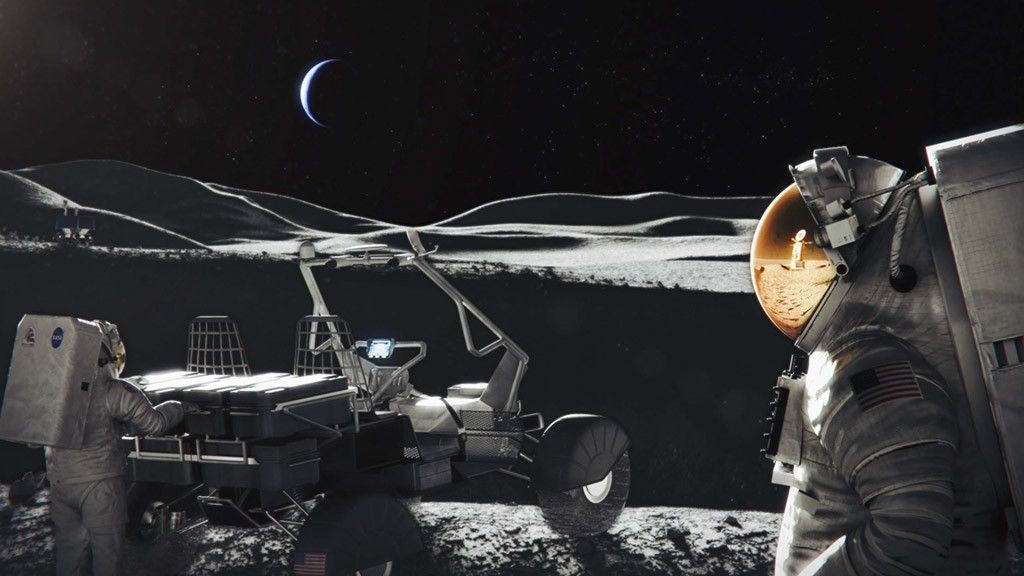Jack Ridderhof
Georgia Institute of Technology
Entry, descent, and landing (EDL) is the process of a spacecraft entering a planet’s atmosphere, decelerating from orbit, and descending to a safe landing on the planet’s surface. Extreme heat, high aerodynamic loads, difficulties in communication and localization, and small guidance margins characterize EDL. NASA Technology Area (TA) 9.2.6 (Large Divert Guidance) identifies a guarantee on satisfaction of constraints, optimal or near-optimal fuel consumption, and on-board computational feasibility as necessary components of a next generation solution. To date, the most accurate EDL procedure was performed on the MSL mission with a landing target ellipse of 10 km while technology requirements (TA 9.2.6) call out a landing ellipse requirement on the order of 1 km. State-of-the-art descent guidance methods rely on deterministic formulations of spacecraft dynamics, and hence any statement of fuel- consumption optimality can only be made with respect to a deterministic model. Since there exist unmodeled disturbances in practical application, we cannot make strong statements regarding optimality when applying deterministic controllers in real scenarios. For a certain class of systems, controllers designed using stochastic optimal control theory have been shown to outperform classical controllers. Furthermore, recent developments in stochastic optimal control theory have shown that linear time-varying systems with Weiner process noise can be steered from initial to final state mean and covariance. While not yet extended to EDL, these developments in stochastic optimal control theory may be relevant to construction of better performing descent guidance systems. This proposed research will constitute an analysis of stochastic process theory as applied to the descent guidance problem, with the expectation of improved fuel performance. Additionally, stochastic methods provide explicit definition of state covariance, hence allowing a system designer to consider trades of covariance bounds on fuel cost, potentially leading to improved system performance. Expected products of this research will include publications introducing extensions to stochastic control theory for cases relevant to powered descent guidance. This work will also produce simulation results comparing performance of deterministic and stochastic controllers.






























